1,2,3,4-Tetrahydroisoquinoline CAS:91-21-4
| Catalog Number | XD96030 |
| Product Name | 1,2,3,4-Tetrahydroisoquinoline |
| CAS | 91-21-4 |
| Molecular Formula | C9H11N |
| Molecular Weight | 133.19 |
| Storage Details | Ambient |
Product Specification
| Appearance | White powder |
| Assay | 99% min |
1,2,3,4-Tetrahydroisoquinoline (THIQ) is a chemical compound that has been found to have various effects in different areas, including medicinal and biological applications. THIQ possesses a unique structure, as it consists of a cyclohexane ring fused with a nitrogen-containing isoquinoline ring.One of the significant effects of THIQ is its potential as a neurotransmitter and neuromodulator. Studies have shown that THIQ can interact with receptors in the central nervous system, specifically the dopamine and serotonin receptors. This interaction can lead to various effects on neurotransmission, potentially impacting mood, behavior, and cognition. Consequently, THIQ and its derivatives have been investigated for their therapeutic potential in conditions such as Parkinson's disease, depression, and addiction.THIQ also exhibits antimicrobial activity, making it a potential candidate for the development of antibiotics. Research has indicated that THIQ derivatives have the ability to inhibit the growth of various bacteria and fungi, including drug-resistant strains. Additionally, THIQ compounds have been found to possess antiparasitic properties, showing activity against protozoan parasites that cause diseases such as malaria and leishmaniasis.Furthermore, THIQ has been studied for its anticancer potential. Scientists have discovered that certain THIQ derivatives can inhibit the proliferation of cancer cells and induce apoptosis (programmed cell death) in various cancer types. These compounds have demonstrated promising results in preclinical studies and are being further investigated as potential anticancer agents.In addition to its biological effects, THIQ has applications in other areas as well. It can be used as a building block in organic synthesis, enabling the creation of more complex molecules with diverse functionalities. Furthermore, THIQ derivatives have been utilized as catalysts in chemical reactions, contributing to the development of efficient and selective processes.In summary, 1,2,3,4-Tetrahydroisoquinoline exhibits various effects in different fields, including its role as a neurotransmitter and neuromodulator, antimicrobial agent, anticancer compound, and catalyst. These diverse effects highlight the potential applications and significance of THIQ and its derivatives in medicinal chemistry, biology, and various other sectors. Further research and exploration of this compound may uncover additional valuable properties and applications.


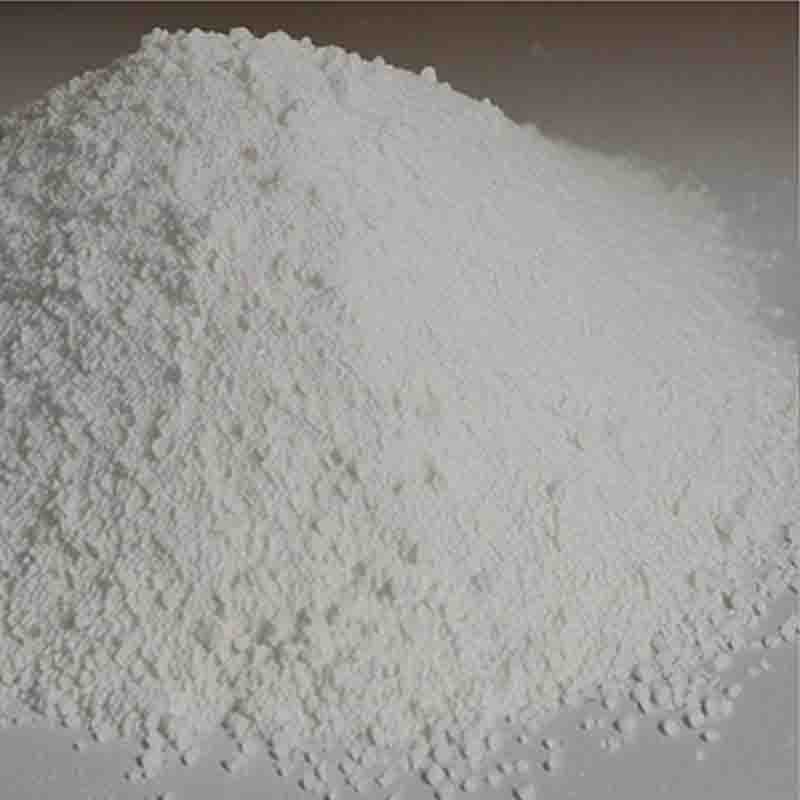

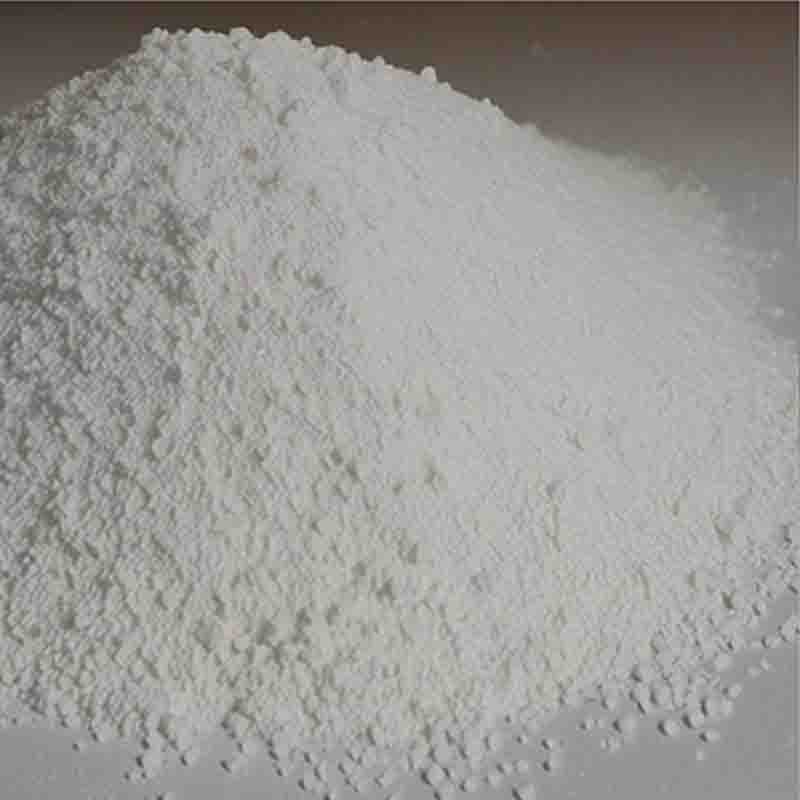

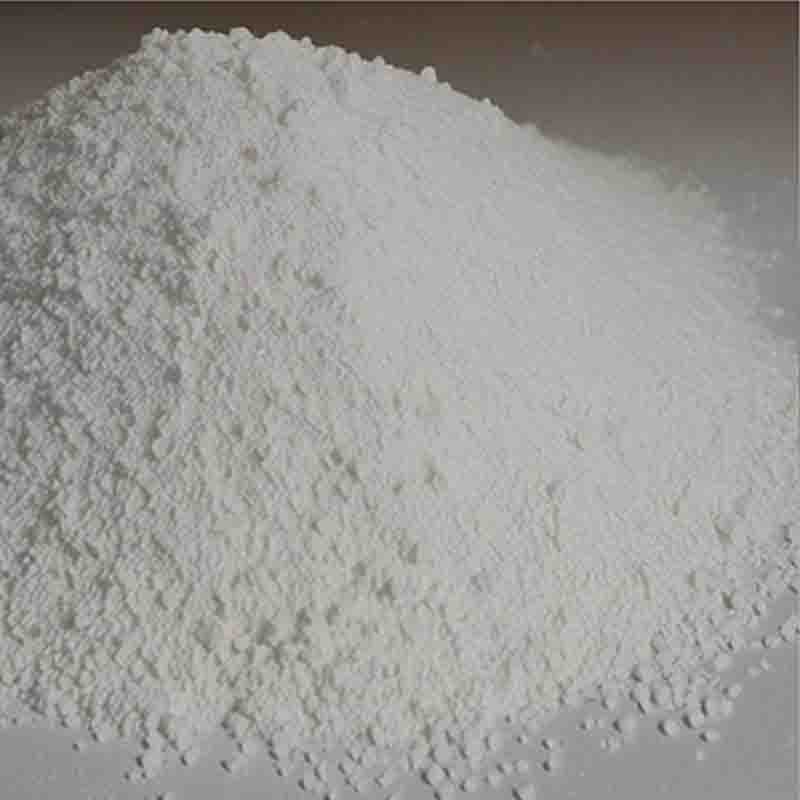
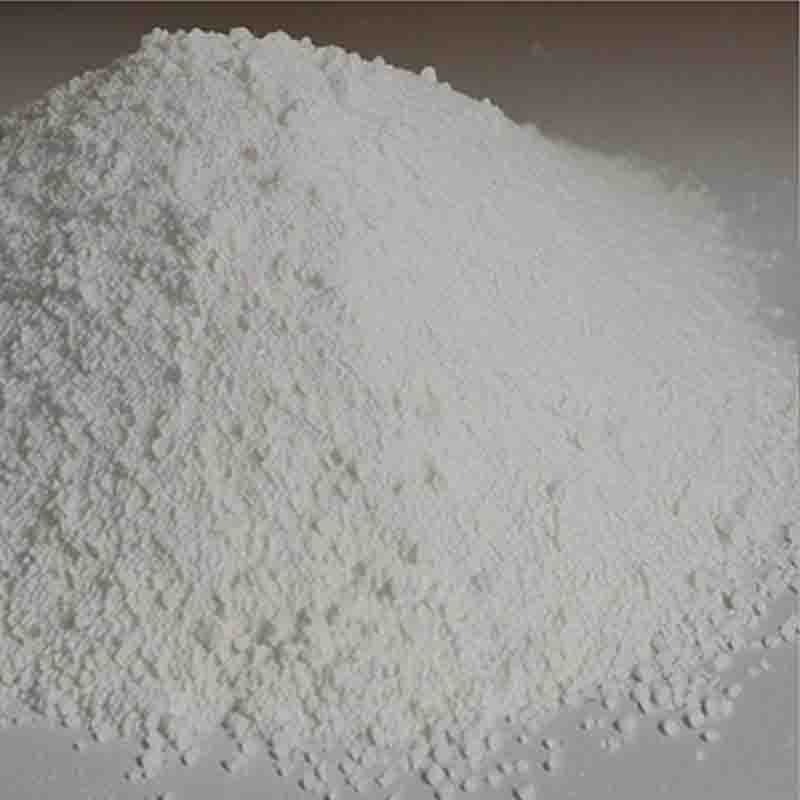
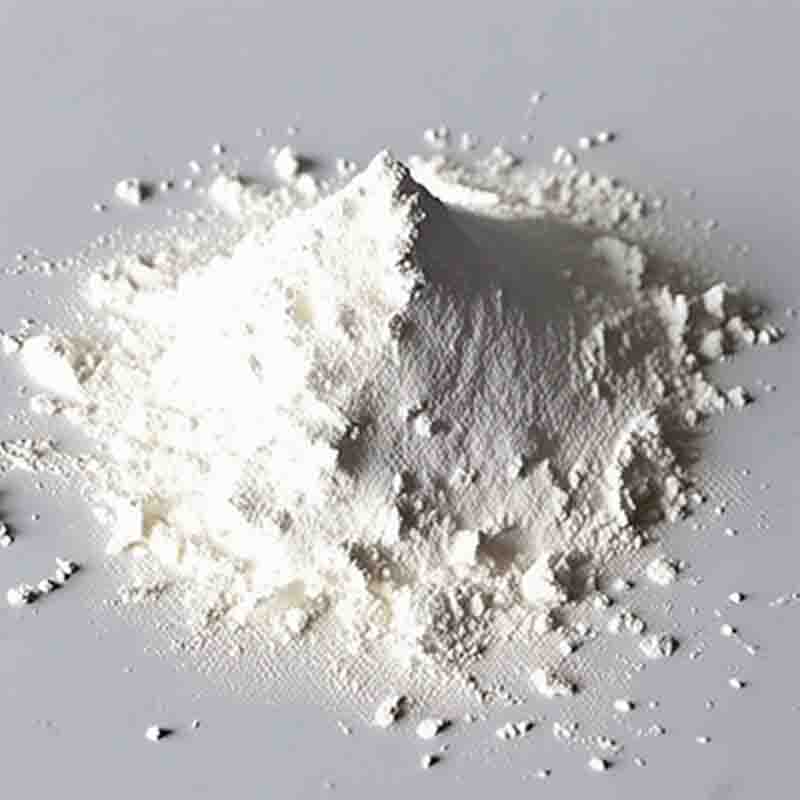
![N-[1-(S)-Ethoxycarbonyl-3-phenylpropyl]-L-alanine CAS:82717-96-2](https://cdn.globalso.com/xdbiochems/白色粉末21587.jpg)